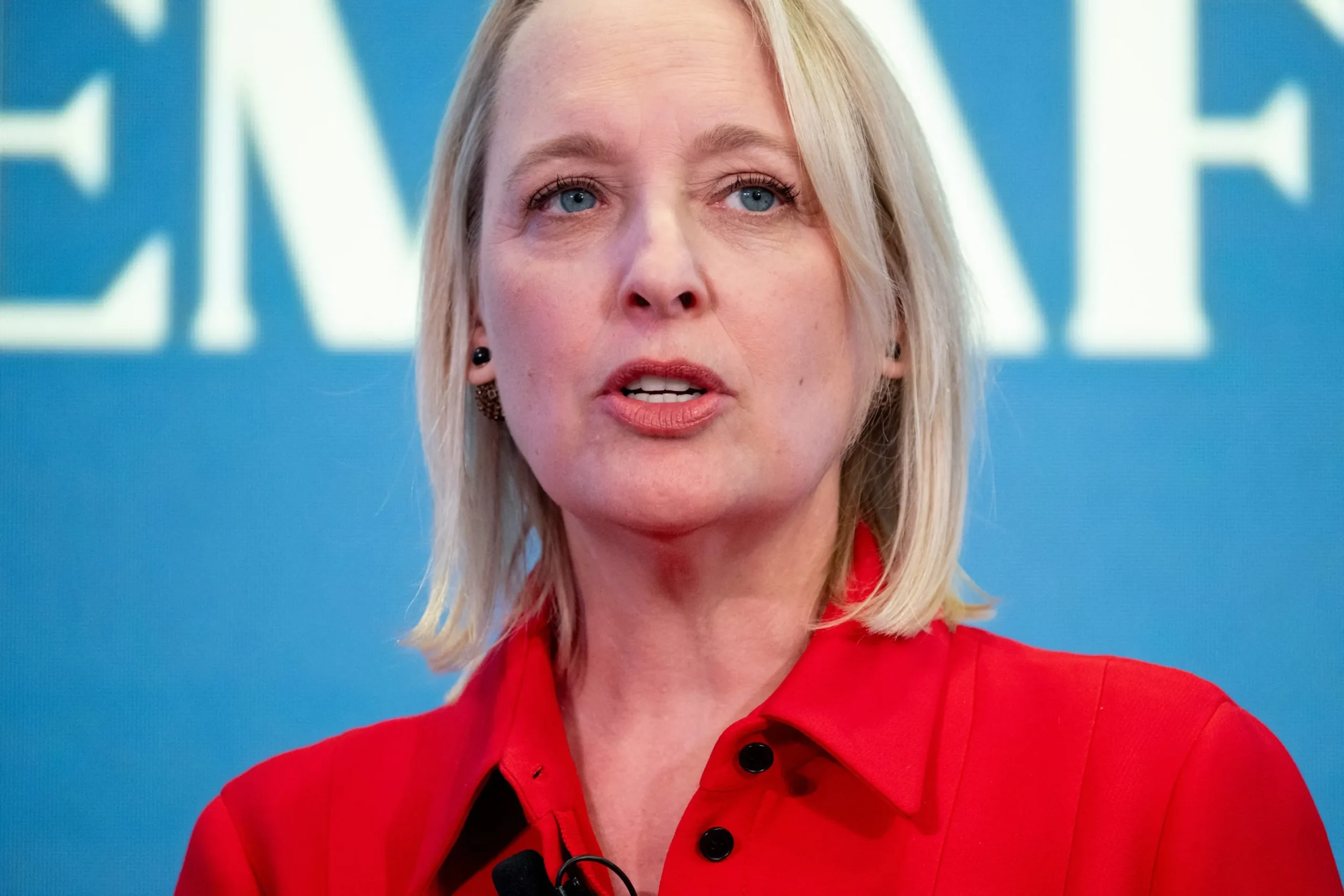Now Reading: “You’re Never Going to Be the Smartest Person in the Room”—Why This Advice Shaped Accenture CEO Julie Sweet’s Career
-
01
“You’re Never Going to Be the Smartest Person in the Room”—Why This Advice Shaped Accenture CEO Julie Sweet’s Career
“You’re Never Going to Be the Smartest Person in the Room”—Why This Advice Shaped Accenture CEO Julie Sweet’s Career

When Julie Sweet was 15, her father gave her a piece of advice that would later guide her as she became the CEO of Accenture: “You’re never going to be the smartest person in the room.” Instead of taking it as a criticism, she saw it as an early lesson in humility, curiosity, and leadership. Decades later, this mindset continues to shape how she leads one of the world’s largest professional services companies.
The Power of Knowing What You Don’t Know
Sweet believes that accepting you won’t always have all the answers opens the door to better collaboration and learning. In her view, leadership isn’t about dominating a conversation—it’s about creating space for other smart voices to contribute. This has become more important than ever in the fast-changing world of technology and business.
Her advice to young professionals, especially in India’s Tier 2 cities where ambition often meets limited access, is simple: stay curious, ask questions, and surround yourself with people who challenge your thinking.
Building Teams Over Egos
What Julie Sweet emphasizes is not just personal growth but also team growth. In her role at Accenture, she’s seen firsthand how successful projects often come from teams where people are encouraged to disagree, offer alternative views, and take ownership without fear.
For students and early-career professionals from smaller cities like Indore, Nagpur, or Surat, this mindset can be a game-changer. It breaks the myth that you have to be the “smartest” to succeed. Instead, it’s about being open to others’ ideas and knowing how to listen, adapt, and grow.
Why This Hits Home for Indian Professionals
In India, where academic excellence is often considered the ultimate measure of intelligence, Julie Sweet’s advice offers a refreshing perspective. The idea that success isn’t just about topping exams but about working well with people, asking good questions, and staying grounded can shift how young professionals view their own journeys.
In Tier 2 cities where access to top mentors or global exposure might still be limited, internalizing such advice can help individuals lead more confidently and effectively in local companies, startups, or global firms.
Conclusion
Julie Sweet’s career path, shaped by a simple sentence from her father, reminds us that leadership is more about learning than knowing. For Indian youth building careers in tech, business, or media, the key takeaway is this: don’t aim to be the smartest—aim to be the most willing to grow. That’s what makes all the difference.
























